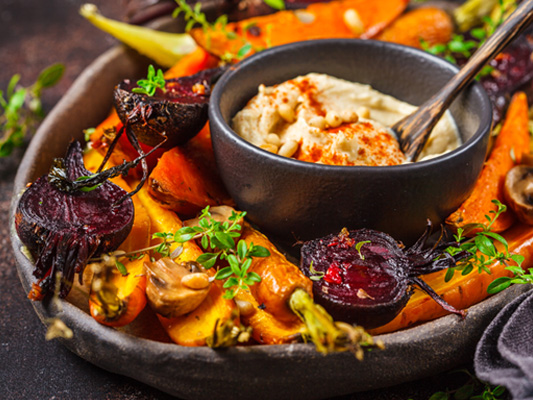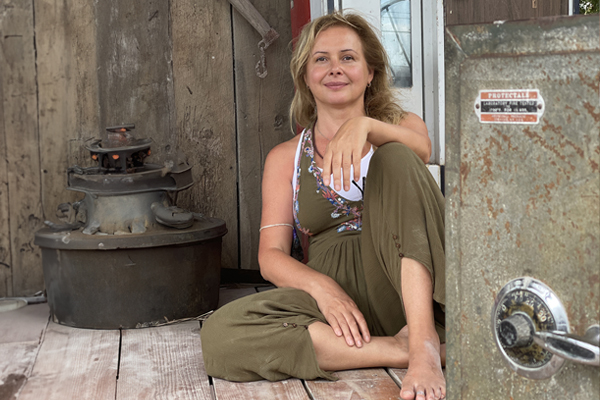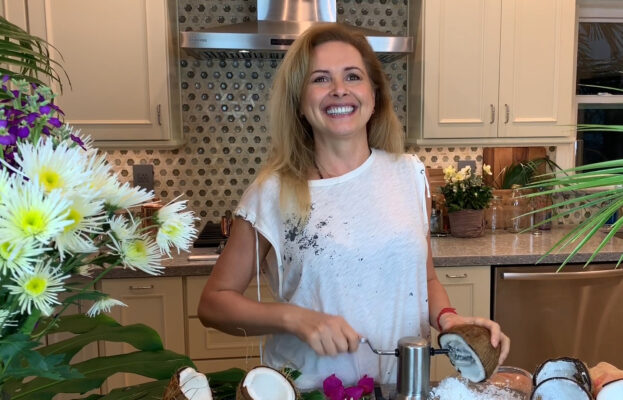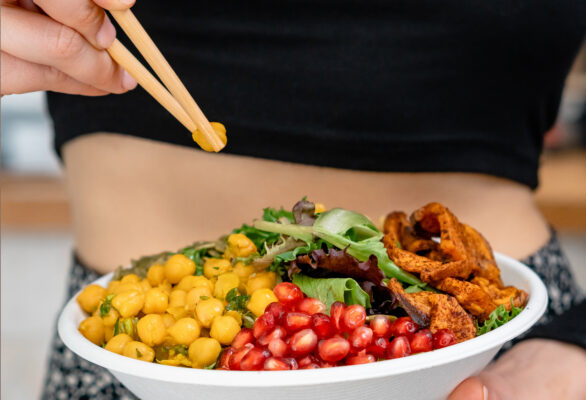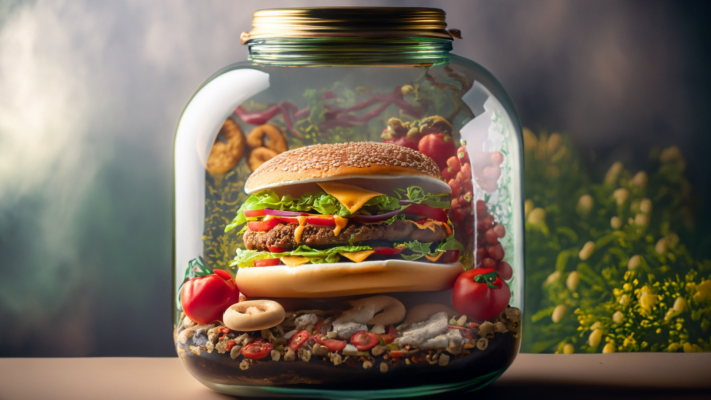Do you remember how in school we learned that food was our fuel? Well, let me refresh your memory in a more entertaining fashion. When we think about energy, what comes to mind? Solar power, gasoline, electricity? Sure, those are great examples of energy sources, but have you ever considered that you, my dear reader, are also a walking, talking energy system?
Food is, quite literally, sunlight. Yes, you read it right. That apple you ate this morning was once a tiny package of sunshine! Photosynthesis in plants captures sunlight and turns it into something edible, delicious, and energy-packed. Sometimes this energy-packed plant feeds an animal, which we, in turn, might consume. So, in essence, we’re all solar-powered beings.

The Power Within
But let’s dig a bit deeper into this energy equation – a curious phrase that helps us understand our bodies and how we maintain, lose, or gain weight. It’s like a bank account but for calories. If you’re breaking even – the energy in equals the energy out – you maintain your weight. If you’re in the red, with more energy going out than coming in, you lose weight. Conversely, being in the green, with surplus energy being stored in the body, means you’re on the path to gain weight.
So how does this energy flow? Let’s imagine energy as a river. It flows in through food and drinks. That’s right, that double-chocolate doughnut you’re imagining? Pure sunlight. Now, this river of energy doesn’t stay put. It flows out in various ways, powering your body’s functions like a hydroelectric dam.
The energy keeps your body warm (goodbye, cozy sweaters), propels movement (there goes your secret plans of teleportation), operates your cells’ miniature factories, and slips away through what scientists call “insensible losses.” These are the behind-the-scenes energy drains like the warmth in your breath, your heart’s relentless beat, and even the shivers you get when you watch a horror movie.
The energy equation isn’t rocket science, yet it’s easily overlooked or misunderstood. As seasons change, for instance, you might notice your appetite increasing in fall. As temperatures drop, your body burns more energy to maintain a stable internal temperature. In short, it’s nature’s way of helping us stock up on energy (and insulation!) for the cold season. Just like squirrels hoarding nuts, only our nuts are pumpkin spice lattes and apple pies!
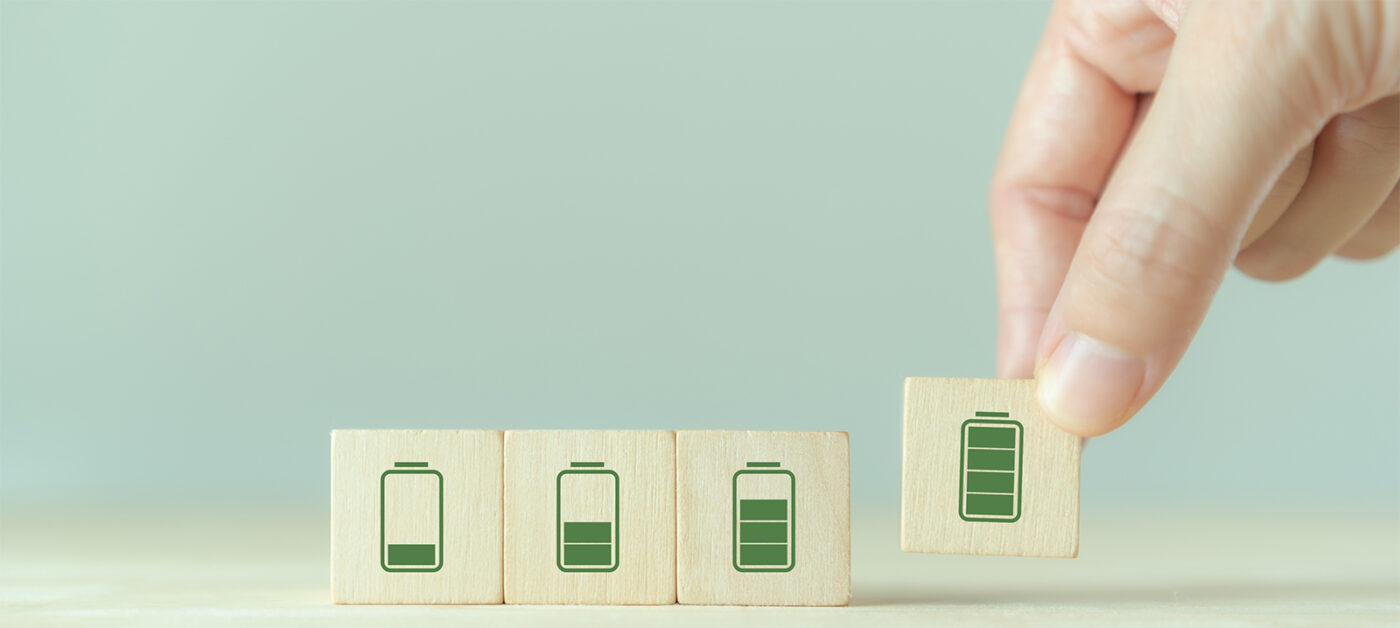
The Energy Trade: How to Fine-tune Your Body’s Economy
Now, while our bodies are balanced energy machines under normal conditions, things can get out of whack. Consider anorexia, where individuals drastically cut their energy intake and ramp up their energy output, resulting in rapid, alarming weight loss. Illness can have similar effects, making you lose weight because you’re either too nauseated to eat or your body is burning more energy to fight off the disease.
And here’s a sobering reality: the energy equation also explains why we tend to gain weight as we age. Remember the glorious days of youth when we sprinted around, always on the go, burning calories like a bonfire burns logs? Well, as we age, we slow down, but often, our eating habits don’t. The result? Welcome to the world of expanding waistlines and ‘middle-age spread.’ And before you start blaming your slowing metabolism, it might be worth examining if your eating habits have kept pace with your lifestyle changes.
The energy equation also sheds light on the weight issues plaguing developed countries. Picture this: just a few generations ago, getting food required energy. Clearing fields, planting crops, harvesting – it was all a calorie-burning workout. Heck, even getting groceries meant walking to the store, not clicking on a shopping app. But today, we’ve designed a world where we move less and consume more. It’s like we’re floating downstream on the energy river, adding more water (calories) and removing less.
Now we live in a world of drive-thrus, supersized meals, and snacks at our fingertips. We’re surrounded by food – calorie-dense, mouthwatering, and readily available. This means more energy in, without the requisite energy out. We eat while watching TV, snacking mindlessly, and often grazing all day. We’ve exchanged staircases for elevators, walking for driving, gardening for ordering take-out. We’ve even removed gym classes and recess from our schools. If our ancestors saw us, they’d probably shake their heads in disbelief!
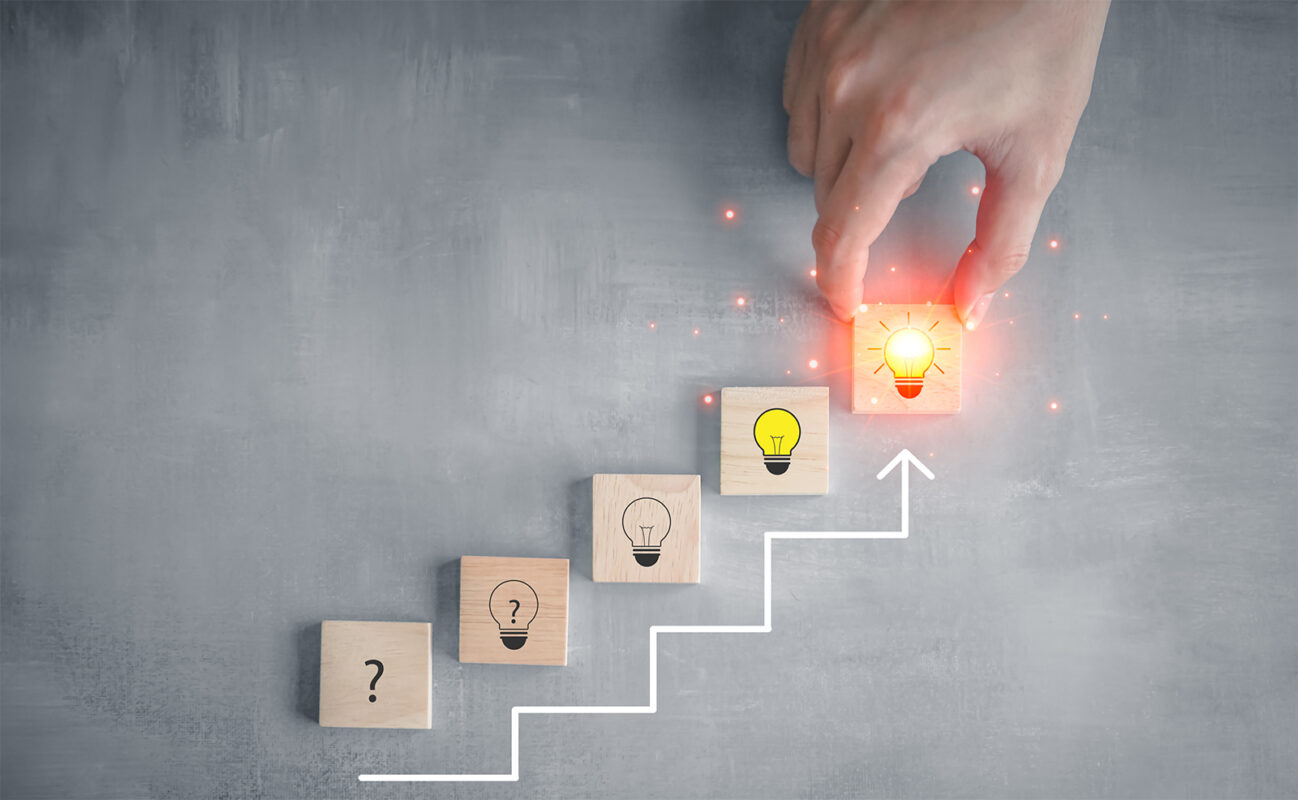
Lightbulb Moments: Illuminating Insights into Your Energy Equation
Understanding the energy equation gives us power. It tells us if we want to lose weight, we either need to cut back on the energy flowing in or ramp up the energy going out. Small changes can lead to significant differences. You don’t have to become a marathon runner overnight or give up all the foods you love. Start with little steps:
- Why not park a bit further away from your destination to sneak in a few extra steps?
- Instead of the elevator, why not take the stairs?
- Opt for the small package of chips, instead of the family size, and savor each one.
- Wait a while after your meal before deciding on dessert. Give your stomach a chance to send the “I’m full” memo to your brain.
- Swap your soda for water or unsweetened tea: Not only will this help cut out unnecessary sugar and calories, it will also keep you better hydrated!
- Add more veggies to your meals: They’re full of fiber and nutrients, and they can help you feel fuller while consuming fewer calories.
- Set a “kitchen closed” time: Avoid late-night snacking by setting a time each night when your kitchen is “closed”. This helps your body focus on rest during sleep, rather than digesting that late-night snack.
- Move while you watch: Get off the couch and do some simple exercises while watching TV – marching in place, lifting light weights, or even just standing instead of sitting can all help increase your energy out.
- Practice mindful eating: This means savoring each bite, eating slowly, and paying attention to your hunger and satiety cues. It’s not just about what you eat, but how you eat. This can help you enjoy your food more and avoid overeating.
- Start a small home garden: This can be as simple as growing herbs on your windowsill. It will require a bit of effort (energy out) and you get to enjoy fresh, home-grown produce (energy in).
- Try to include some form of exercise in your daily routine: This doesn’t necessarily mean hitting the gym. Dancing, playing with your kids or pets, or even doing some gardening can all count.
- Engage in activities that calm the mind: Things like meditation, yoga, or reading can reduce stress levels, which can in turn help to control overeating.
- Remember, these steps aren’t meant to be drastic, life-overhauling changes. The goal here is small, manageable adjustments that add up over time to help balance your energy equation and improve your overall well-being.
Let’s embrace the sunlight we consume, acknowledging it as the energy that fuels our bodies, our lives. Let’s understand and respect the energy equation, balancing what comes in with what goes out. We’re all solar-powered beings on this Earth, so let’s learn to manage our energy wisely, healthily, and happily. Here’s to a life full of energy (and the occasional double-chocolate doughnut, because let’s be honest, life’s too short not to enjoy it)!
Be Alive 🌱
Love ❤️, Julia
Mindful Eating 🥢
Mindful Eating Meditation
GUIDED MEDITATIONS 💗
DISCLAIMER: The materials and the information contained on the Positive Pranic website are provided for general and educational purposes only and do not constitute any legal, medical, or other professional advice on any subject matter. None of the information on our videos is a substitute for a diagnosis and treatment by your health professional. Always seek the advice of your physician or other qualified health providers prior to starting any new diet or treatment and with any questions you may have regarding a medical condition. If you have or suspect that you have a medical problem, promptly contact your health care provider.



